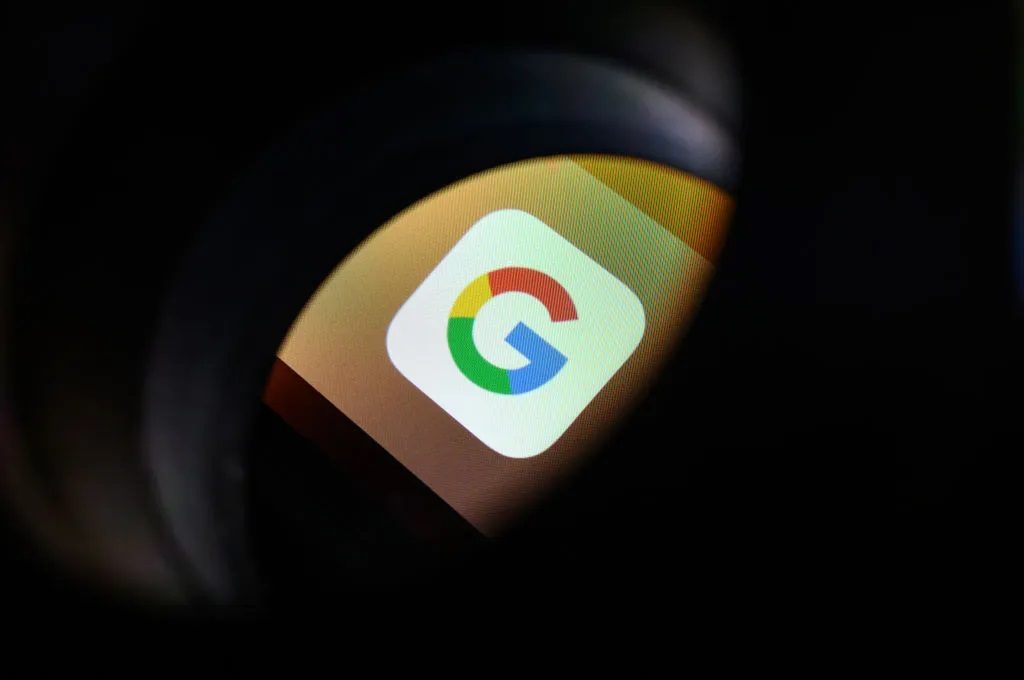It’s innovative, it generates huge wealth, and it offers great products for completely nothing. The lobbyists for Alphabet, the parent company of Google, will make plenty of familiar arguments about why the internet giant should be left intact. And yet, as the Department of Justice pushes for it to be broken up, it is going to be hard to convince anyone it can carry on as it is. In reality, breaking up Google may be the best thing that has happened to the tech industry in years — and it is long overdue.
It promises to be a long and bitter fight, and Google certainly has the resources to oppose it all the way. And yet, with the courts now agreeing that it is, in fact, a monopoly, and with the Justice Department now proposing “structural remedies” (polite legal speak for a break-up), splitting the company up looks more likely than ever.
A series of Baby-Googles — perhaps Search, Android and Media — would create three huge new companies
Sure, with its massive $2 trillion market value, investors will be very nervous about that. In the medium-term, however, it will be far better for the economy as a whole — for three reasons.
First, the huge profits that Google makes are a clear indication that it’s a monopoly. It is making more than $60 billion a year, and in a more competitive market, we would expect lots and lots of rivals to start chipping away at that. But Google has such a lock on internet advertising that no one else can get a foothold in the market. That drives up marketing costs for all the small businesses that depend on the internet to reach their customers, while sucking revenues out of every other form of media. A more open market would be far better for everyone.
Next, while it may have been a brilliantly innovative company when it was first launched, and for a decade or so after that, there are plenty of signs that its huge size has made it very complacent. Over the last couple of years the main Google search page has become so cluttered with advertising it is hard for anyone to find anything useful on it. A break-up might well allow the spun-off companies to be more focused.
Finally, its high prices, and tight rules, make it harder for new companies to compete. Through the app stores, the two major mobile operators keep control of what most of us can and can’t access through our smartphones. If the systems were more open — and especially if Apple were to be broken up at the same time — we would see a lot more new apps launched, widening choice for consumers, and creating opportunities for rapid innovation. Indeed, one of the reasons many venture capitalists now support a break-up of Google is precisely because they think it would kick-start an increasingly stagnant industry.
A series of Baby-Googles — perhaps Search, Android and Media — would create three huge new companies, but each one would be far more focused, would be more open, and, most importantly would be forced to compete with one another. It will be painful for both the company and its shareholders in the short-run, but it will be far better for the wider tech economy.
This article was originally published on The Spectator’s UK website.

























